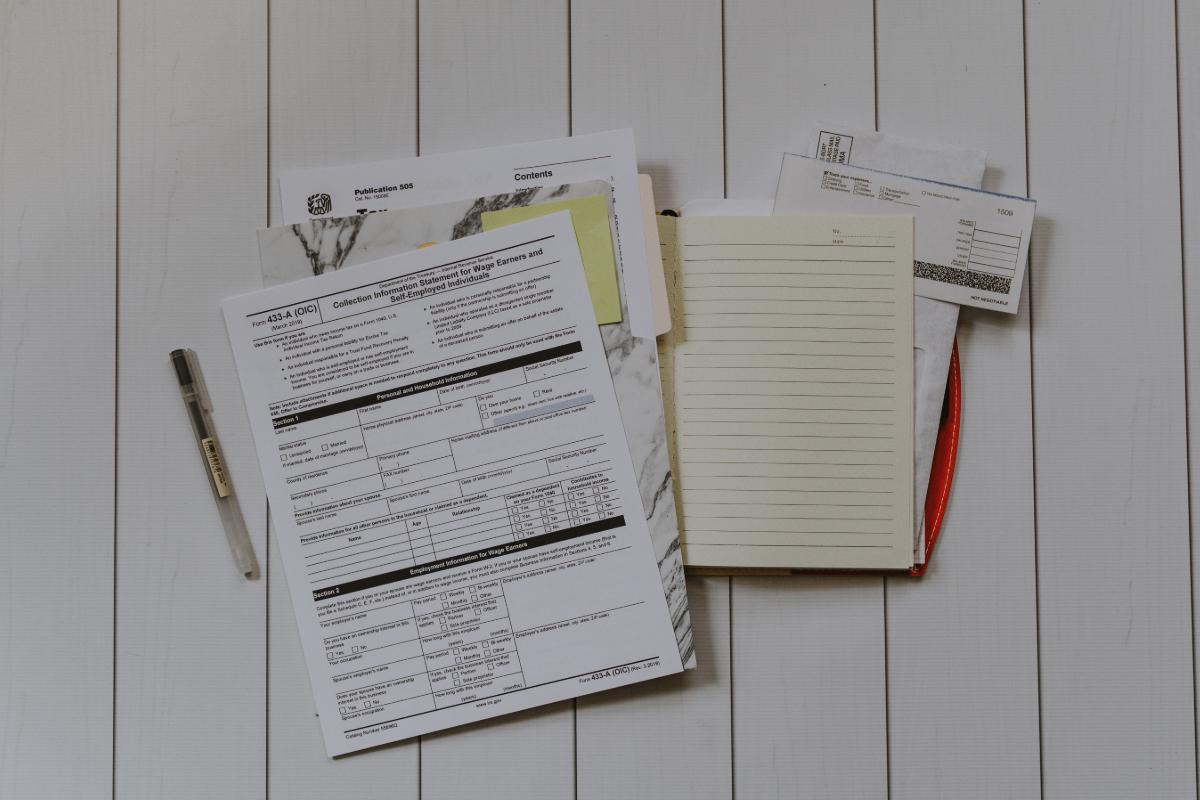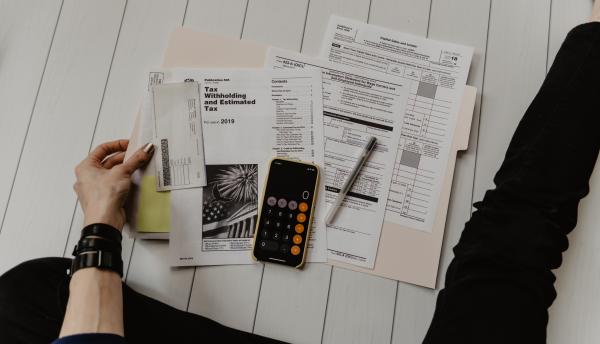
The new tax year, which started last month on the 6th April, has seen a host of tax changes, including amendments to capital gains tax and income tax.
There were also changes to the amount of mortgage interest tax relief that landlords can claim, but do you know how this will affect you as a landlord?
Here’s what you need to know about the reduction in mortgage interest tax relief.
How the changes to mortgage interest tax relief came about
In April 2017, the government introduced plans to reduce the level of mortgage interest tax relief to make a fairer tax process.
Before this, landlords would be able to deduct mortgage interest and other costs associated with their rental property before they could work out the taxable profit.
Since its introduction, the government implemented a phased approach to the reduction in mortgage interest tax relief. From 100% in the financial year of 2016/17, it has reduced to 75% in 2017/18 and 50% in 2018/19.
The latest changes to mortgage interest tax relief
From April 2019, the level of mortgage interest tax relief landlords are entitled to has been reduced to just 25 per cent. 2020/21 tax year, landlords will no longer be entitled to any tax relief.
The loss of mortgage interest tax relief obviously brings extra financial pressure for landlords. This is at a time when landlords are already facing increased costs as a result of new measures by the government, such as the Tenant Fee Ban and the Fitness for Human Habitation Act.
As a result of these financial burdens, landlords may be concerned about their profit margins, and may have no option but to increase rents.
Expenses landlords can claim
While landlords are losing their mortgage interest tax relief, there are still plenty of expenses that landlords can claim back against tax to mitigate their costs.
Such expenses include council tax, water and energy bills, insurance, letting agent fees, legal and accountancy fees, and maintenance fees such as gardening and cleaning.
Tenant Fee Ban
Don’t forget that the Tenant Fee Ban is fast approaching and comes into force on the 1st of June.
In essence, the Tenant Fee Ban means you’ll no longer be able to charge tenants for aspects such as referencing. Make sure you’re clued up ahead of June by reading our blog on everything you need to know about the ban.
If you’re a landlord who’s concerned about facing increased costs as a result of a loss in mortgage interest tax relief, why not cut your costs through our Good Landlord package. For just £12 a month, you get free Rightmove and Zoopla advertising. Plus, you can manage your entire property portfolio through our platform.







